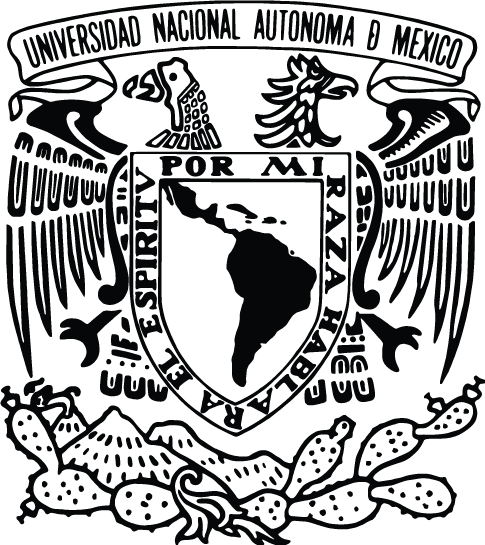
Growing agency: empowering the child’s voice in education
Contents
Researchers and higher education lecturers.
Welcome by dr. Imran Uddin (KU Leuven)
Dr Ana Laura Trigo-Clapés (National Autonomous University of Mexico) will present a set of teaching strategies to support the participation of students diagnosed with autism in formal classroom activities. Developed from empirically tested dialogic teaching strategies and evidence-based practices for assisting autistic individuals, these strategies address the growing presence of autistic students in mainstream classrooms. Dialogic teaching emphasises the role of language and social interaction in learning, fostering dialogue where students and teachers co-construct knowledge. Dr Trigo-Clapés adapts these practices to the communicative characteristics of autistic students, aiming to ensure accessible, inclusive and more equitable participation in classroom discussions that are responsive to students’ diverse ways of engaging.
Ilse Aerden & Caroline Vancraeyveldt (UCLL) will present three practice-based research projects—both ongoing and completed—that aim to enhance student agency. Agency in education refers to empowering children with voice, choice, and ownership in their learning, grounded in mutual respect (Santosa, 2018; Slaets & Stroobants, 2022).
- The Power of Play
This project explores didactical approaches to improve the quality of play in early childhood education. It focuses on enriching play experiences to support children's autonomy and engagement.
- Belonging
This study investigates how teachers can foster a sense of togetherness within their classrooms while respecting children's voices. It highlights strategies that promote inclusive group dynamics and emotional safety.
- Neurodiversity in Primary Education
This research examines the impact of the LEANS lesson package on promoting a neurodiversity-affirmative classroom. It evaluates changes in knowledge, attitudes, and actions among students and teachers.

